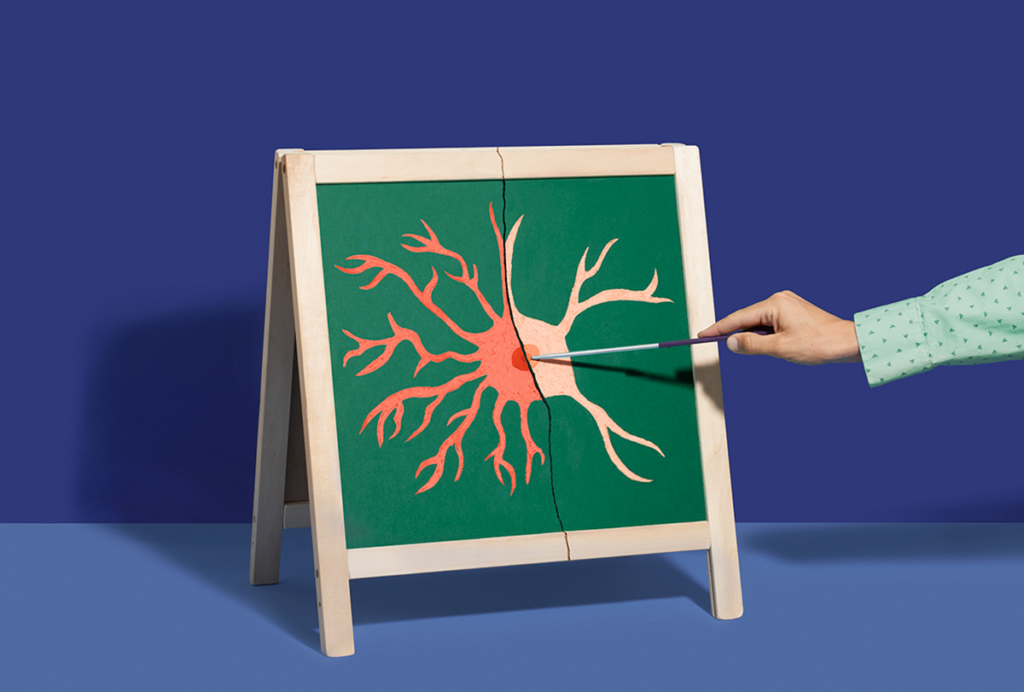Dup15q 2017
Recent articles
Mat with pressure sensors detects characteristic gait in dup15q syndrome
People with dup15q syndrome tend to walk slowly, have a wide stance and take short steps.

Mat with pressure sensors detects characteristic gait in dup15q syndrome
People with dup15q syndrome tend to walk slowly, have a wide stance and take short steps.
Anxiety, seizures mark mice with extra copy of autism gene
Mice with an extra copy of UBE3A, a gene linked to autism, have learning problems and anxiety, and are prone to seizures and fine-motor problems.

Anxiety, seizures mark mice with extra copy of autism gene
Mice with an extra copy of UBE3A, a gene linked to autism, have learning problems and anxiety, and are prone to seizures and fine-motor problems.
Antidepressant eases some autism features in mice
A drug that keeps neurons bathed in the chemical messenger serotonin prevents social abnormalities in a mouse model of dup15q syndrome.

Antidepressant eases some autism features in mice
A drug that keeps neurons bathed in the chemical messenger serotonin prevents social abnormalities in a mouse model of dup15q syndrome.
Dim light casts shadow on mouse sleep, behavior
Exposure to a dim light at night disrupts sleep and worsens repetitive behaviors and social difficulties in a mouse model of autism.

Dim light casts shadow on mouse sleep, behavior
Exposure to a dim light at night disrupts sleep and worsens repetitive behaviors and social difficulties in a mouse model of autism.
Explore more from The Transmitter
INSAR takes ‘intentional break’ from annual summer webinar series
The International Society for Autism Research cited a need to “thoughtfully reimagine” its popular online program before resuming it in 2026.

INSAR takes ‘intentional break’ from annual summer webinar series
The International Society for Autism Research cited a need to “thoughtfully reimagine” its popular online program before resuming it in 2026.
Null and Noteworthy: Neurons tracking sequences don’t fire in order
Instead, neurons encode the position of sequential items in working memory based on when they fire during ongoing brain wave oscillations—a finding that challenges a long-standing theory.

Null and Noteworthy: Neurons tracking sequences don’t fire in order
Instead, neurons encode the position of sequential items in working memory based on when they fire during ongoing brain wave oscillations—a finding that challenges a long-standing theory.
How to teach this paper: ‘Neurotoxic reactive astrocytes are induced by activated microglia,’ by Liddelow et al. (2017)
Shane Liddelow and his collaborators identified the factors that transform astrocytes from their helpful to harmful form. Their work is a great choice if you want to teach students about glial cell types, cell culture, gene expression or protein measurement.

How to teach this paper: ‘Neurotoxic reactive astrocytes are induced by activated microglia,’ by Liddelow et al. (2017)
Shane Liddelow and his collaborators identified the factors that transform astrocytes from their helpful to harmful form. Their work is a great choice if you want to teach students about glial cell types, cell culture, gene expression or protein measurement.